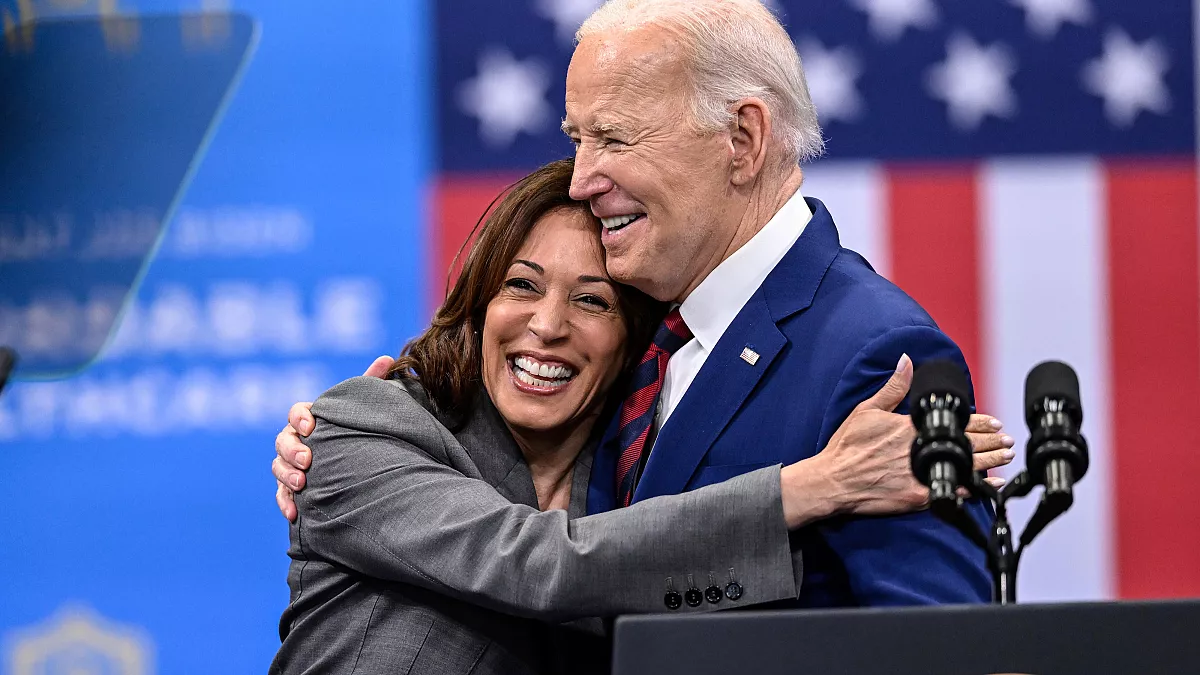TEHRAN (Daily Point) — Iran has announced the implementation of visa-free entry for citizens from 33 countries, signaling a major initiative to “open the doors of the country to the world.”
This unilateral decision aligns with the priorities outlined by the Ministry of Cultural Heritage, Tourism, and Handicrafts.
Ezzatollah Zarghami, the Minister of Cultural Heritage, Tourism, and Handicrafts, emphasized that the decision serves as a global message, demonstrating Iran’s eagerness to welcome visitors from around the world and provide them with convenient and enjoyable facilities.
The 33 countries granted visa-free entry are:
- UAE
- Saudi Arabia
- Bahrain
- Qatar
- Kuwait
- India
- Russia
- Lebanon
- Uzbekistan
- Kyrgyzstan
- Tajikistan
- Tunisia
- Mauritania
- Tanzania
- Zimbabwe
- Mauritius
- Seychelles
- Indonesia
- Brunei
- Japan
- Singapore
- Cambodia
- Malaysia
- Vietnam
- Brazil
- Peru
- Cuba
- Mexico
- Venezuela
- Bosnia and Herzegovina
- Serbia
- Croatia
- Belarus
The primary objective behind this initiative is to dispel negative perceptions and address the phenomenon of ‘Iranophobia’ perpetuated by the global arrogance system, as stated by the minister. It is a strategic step aimed at combating misinformation and fostering a positive image of the country.
Minister Zarghami revealed that initially, the ministry proposed visa-free entry for 60 countries, but the government approved the measure for 33 of them. Importantly, Iranian citizens will now have the opportunity to travel for Umrah in Saudi Arabia through regular flights starting on December 19.
This development marks a historic moment, as it is the first time in eight years that Iranians will be able to perform Umrah in Saudi Arabia, indicating an improvement in relations between the two nations.
The semi-official Fars News Agency reported that flights will depart from ten airports across Iran to transport Iranian pilgrims to Mecca, with the inaugural group scheduled to embark on their journey on December 19. This positive shift not only enhances cultural and religious ties but also contributes to the broader narrative of diplomatic reconciliation and openness.






























